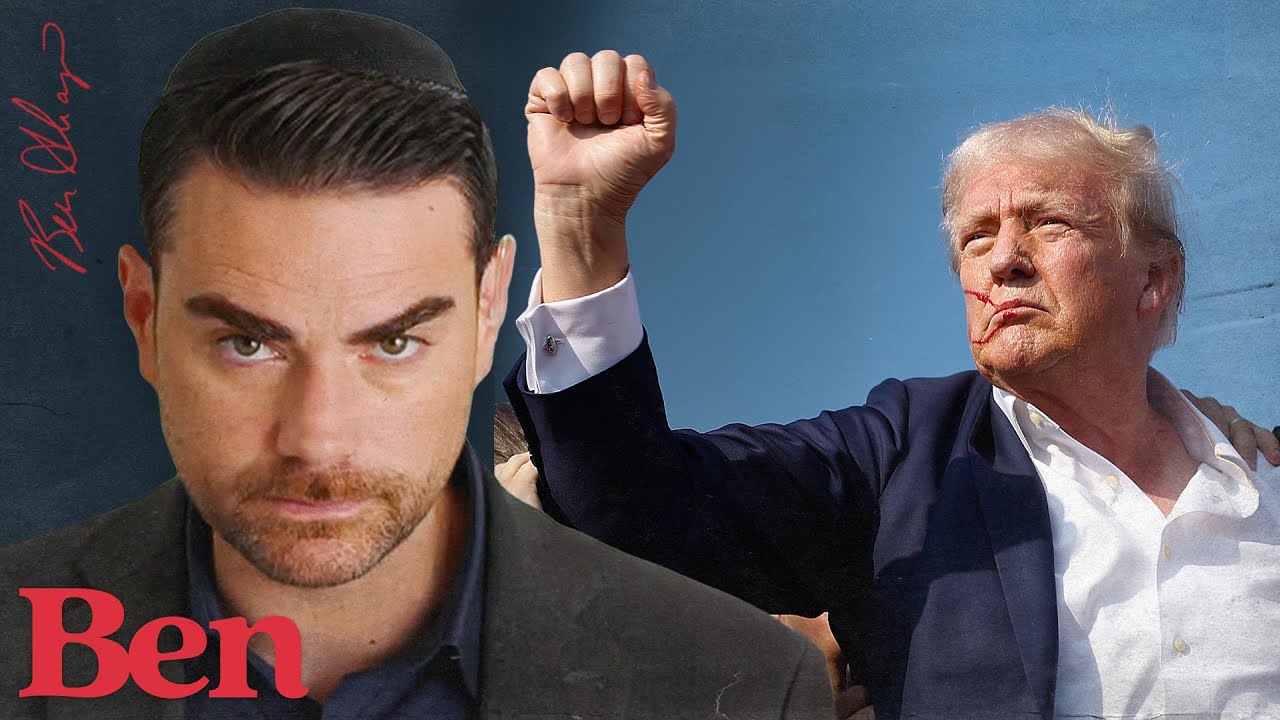🚨LA VERDADERA HISTORIA DE LA CAÍDA DE PEDRO CASTILLO🏰 I LO QUE LA PRENSA NO TE CUENTA🫣🤫
Summary
TLDRThe transcript outlines the tumultuous political climate in Peru following the incarceration of former President Pedro Castillo. It highlights the controversial rise of Dina Boluarte, criticized for her connections to criminal organizations and for representing a political elite disconnected from the populace. As protests and civil unrest escalate, the speaker expresses deep disillusionment with the state of democracy, viewing recent power shifts as merely a continuation of elite control rather than genuine political change. Amidst calls for accountability and a rejection of violence, the speaker emphasizes the urgent need for a more representative and democratic governance in Peru.
Takeaways
- 📈 The speaker emphasizes that recent political changes in Peru are not genuinely democratic, suggesting a facade of legitimacy.
- ⚖️ The current administration is backed by powerful institutions, including the military and judiciary, raising concerns about the true nature of its support.
- 💰 The speaker accuses the president of having ties to a criminal organization that funded Pedro Castillo's campaign, indicating ongoing corruption.
- 🚧 There is significant social unrest in Peru, with protests escalating and radical groups demanding the closure of Congress.
- 😡 The speaker expresses frustration with the political elite ('caviares'), claiming they have regained control and are out of touch with ordinary citizens.
- 🚨 The speaker warns of the potential for violence amid protests, highlighting the serious nature of public discontent.
- 📊 Claims are made that the political transition was merely a transfer of power among elites rather than a genuine reform.
- 💔 The speaker articulates a feeling of hopelessness, asserting that the crisis in Peru is far from resolved and may worsen.
- 🌍 Concerns are raised about globalist agendas influencing domestic politics, particularly regarding social issues and ideologies.
- 🗣️ The speaker stresses the importance of non-violent resistance to political corruption and emphasizes moral integrity amidst chaos.
Q & A
What is the main focus of the speaker's criticism regarding the current government in Peru?
-The speaker criticizes the current government for being supported by various powerful institutions while questioning the legitimacy and moral integrity of that support.
Who does the speaker accuse of having ties to criminal organizations?
-The speaker accuses the current female leader of being connected to Los Dinámicos del Centro, a criminal organization that allegedly funded Pedro Castillo's campaign and engaged in corrupt activities.
How does the speaker describe the political situation in Peru following Pedro Castillo's imprisonment?
-The speaker describes the situation as ongoing unrest, with protests and violence persisting despite Castillo's imprisonment, indicating that the political crisis is far from over.
What concerns does the speaker express about societal divisions in Peru?
-The speaker highlights a division between 'radicals' protesting for change and the elite political class, suggesting that these tensions reflect deeper issues within Peruvian society.
What stance does the speaker take on the use of violence in response to the political situation?
-The speaker advocates against violence, expressing frustration with the situation but emphasizing the importance of maintaining a non-violent approach to protest and political expression.
How does the speaker characterize the political elite in Peru?
-The speaker characterizes the political elite as 'caviares,' implying that they are self-serving and disconnected from the common people, thus contributing to the political crisis.
What ideology does the speaker associate with the current government?
-The speaker associates the current government with leftist ideologies and agendas, particularly those promoting social issues related to gender and LGBT rights.
What does the speaker imply about the legitimacy of recent elections in Peru?
-The speaker implies that recent elections lack legitimacy, describing the transition of power as merely a reshuffling among elites rather than a genuine democratic process.
What is the speaker's overall sentiment regarding the future of democracy in Peru?
-The speaker expresses pessimism about the future of democracy in Peru, suggesting that the current political dynamics do not favor genuine democratic governance.
How does the speaker perceive the role of international organizations in the current political landscape?
-The speaker suggests that international organizations are backing the current government, but this support is viewed critically, indicating a disconnect with the reality of the political situation in Peru.
Outlines

This section is available to paid users only. Please upgrade to access this part.
Upgrade NowMindmap

This section is available to paid users only. Please upgrade to access this part.
Upgrade NowKeywords

This section is available to paid users only. Please upgrade to access this part.
Upgrade NowHighlights

This section is available to paid users only. Please upgrade to access this part.
Upgrade NowTranscripts

This section is available to paid users only. Please upgrade to access this part.
Upgrade NowBrowse More Related Video

Curhatan Gus Dur Dilengserkan dari Istana Dok. 2008

Sucedió del Perú - Conversación sobre el bicentenario - Bloque 2/5

Sejarah Mahkamah Konstitusi RI (I)

Video Asli | INTEGRASI TIMOR PORTUGIS KE NKRI (1975-1976)

Chief Justice Yahya Afridi’s Two Major Decisions | Qazi Flees Pakistan

TRUMP SHOT, SURVIVES ASSASSINATION ATTEMPT
5.0 / 5 (0 votes)